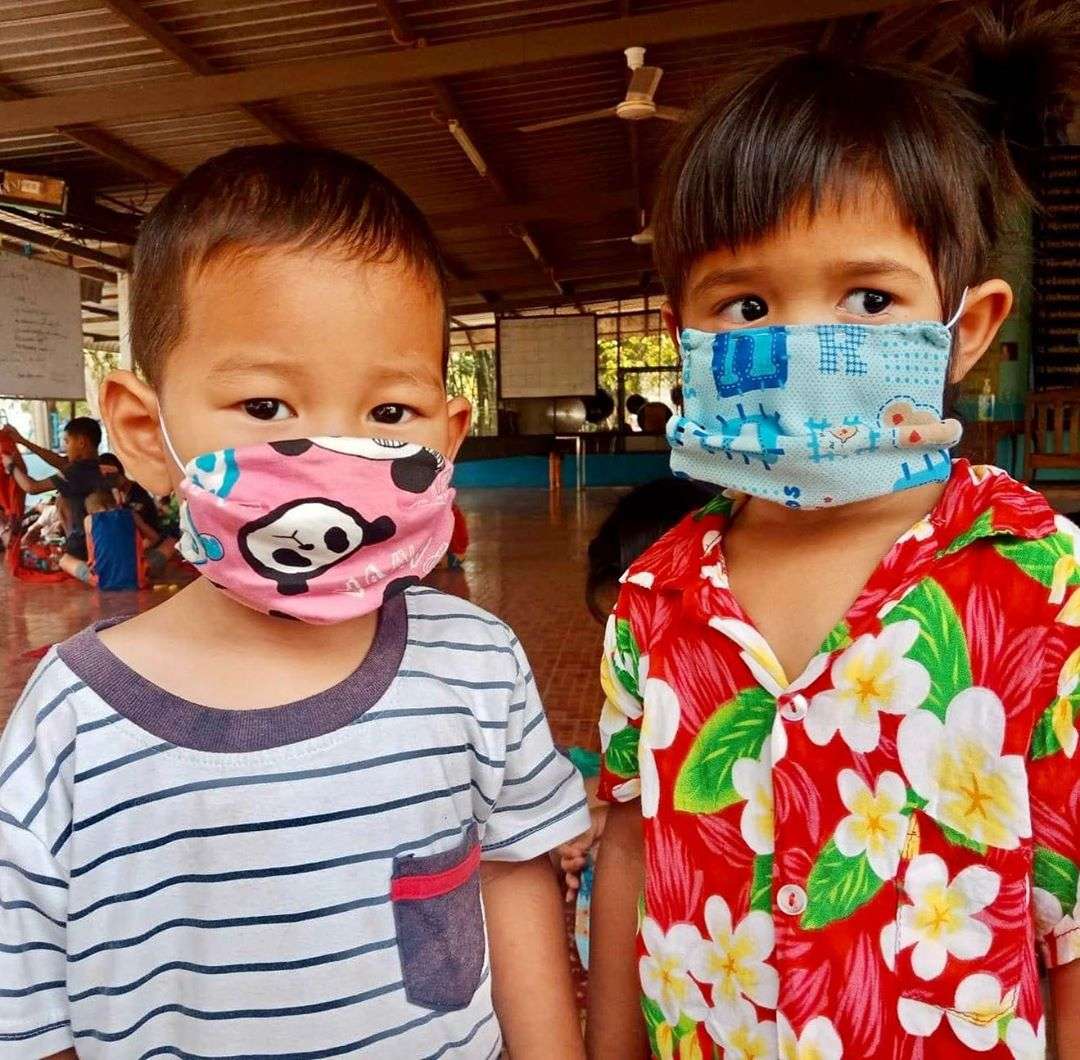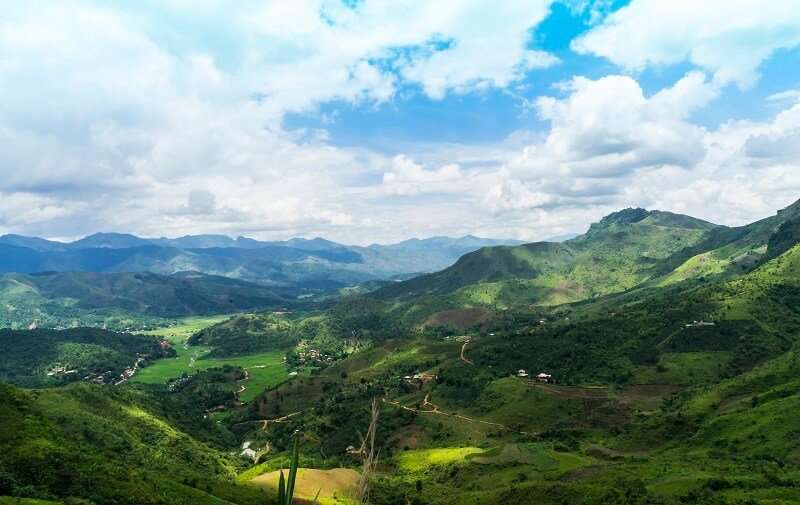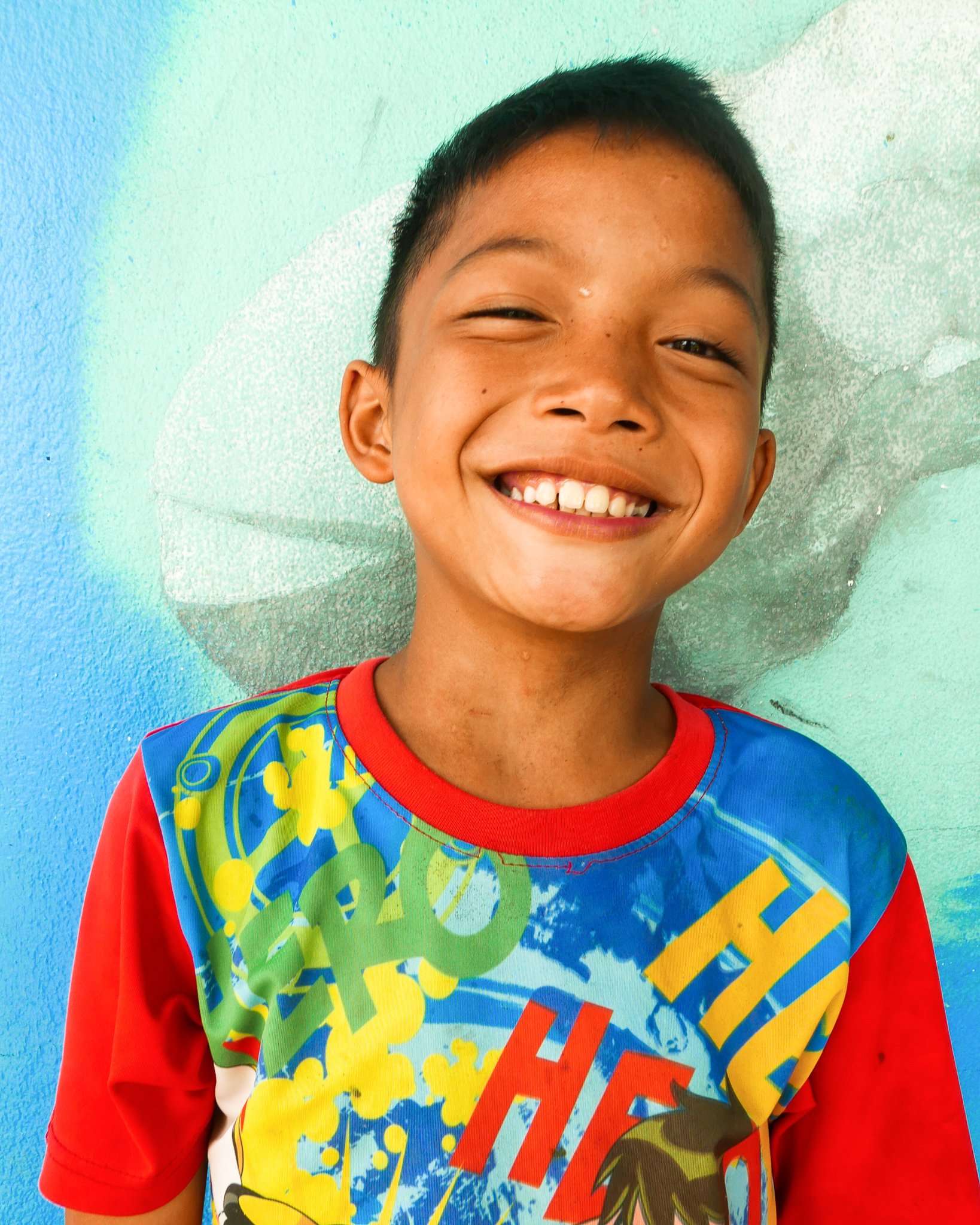This week I'd like to provide you updates from several of our projects in the field. The effects that COVID-19 is having on our community of survivors is very real. Peruvian Amazon Our fishery project deep in the Peruvian Amazon has been crucial to keeping many...
I am, because you are
I am, because you are
Written by
15 years ago I sat on a balcony overlooking the Indian Ocean in Durban, South Africa. I was with my former professor and future co-founder of Not For Sale, David Batstone. Stiff drink in hand, we discussed this insane thing called human trafficking.
It was during this conversation that we decided to start Not For Sale.
For the previous half year I had worked with a friend, Tom Hewitt, assisting his non-profit organization that uses sport to support at-risk and exploited youth. Tom later became Not For Sale’s Southern Africa Director, helping drive our programming in both South Africa and Mozambique.
One of the many lasting things that stayed with me from my time in Southern African was an ethic called ubuntu.


Quite literally my humanity is tied to yours, and your humanity is tied to mine. And our humanity is tied to the people that Not For Sale serves on a daily basis.
Co-Founder of Not For Sale – Mark Wexler
A rough translation of ubuntu’s meaning is: “I am because you are.”
Another way to think of ubuntu, is that everything I do has an effect on you and your well being, and everything you do has an effect on me and my well being. Sure, we might be different, but undoubtedly we are interconnected. And importantly that is what animates our humanity. Our connectedness is actually what makes us…. us.
Today, for the first time ever, on a global scale we are facing down a foe, COVID-19, that illuminates these (for many of us) previously invisible ties of ubuntu. Quite literally my humanity is tied to yours, and your humanity is tied to mine. And our humanity is tied to the people that Not For Sale serves on a daily basis.
Over the last few days we have talked with many of Not For Sale’s project leaders around the world. COVID-19 is having a real effect on people we serve.
We wanted to briefly share with you some of the immediately known effects on our work:
UGANDA: Last year Not For Sale supported 1,512 children refugees gain access to education in Uganda. We learned Friday that schools have been ordered closed for a month as a precaution. This will have a massive ripple effect on our kids. For most of them the food they receive at our school is the only meal they eat on any given day. We’re working on a way to safely deliver meals throughout the refugee camp.
NETHERLANDS: Our Dignita restaurants in Amsterdam have been ordered closed indefinitely. This has meant that our culinary training program for survivors, which supported 164 people last year, is working to set up an online video training course.
VIETNAM: Our partners are seeing an uptick in human traffickers preying on people most effected by COVID-19. This is in large part due to business closures and job losses which means that families are unable to provide for their children. It means that teenage girls are at higher risk of early marriage. But even through all this, just yesterday, our team rescued a 23 year old woman that was trafficked into China 6 months ago. (She remains in 2 week quarantine.)
Over the duration of this crisis, we will be sharing with you updates on the effect COVID-19 is having on our team, friends, partners, and the people that we serve. Later this week we will share with you an interview with co-founder, David Batstone.
More than ever we are committed to helping people that need support. Our resolve has not wavered, it is only strengthened by what we are up against with COVID-19.
In the spirit of ubuntu, acknowledging our interconnectedness, we will also be coming to you, our Not For Sale family, as specific needs arise in our community of survivors and at-risk people to appeal for your help as well.
In Solidarity, Mark Wexler
Co-Founder & CEO, Not For Sale
Related Articles
Related
Co-Founder Update
NFS Vietnam Update – Yesterdays Normal
We’ve all been in isolation for – how long now? At this point we’re all thinking about the end of lockdown and social distancing. We just want it to be over and for life to get back to normal. But… do we really? Is yesterday’s normal something that we aspire to? Or...
Finding happiness
Finding happiness during these difficult times can be hard. That’s one of the lessons I’ve had to remind myself repeatedly during this crisis. Happiness can be there, right in front of me, but I still have to be open to it to actually feel…well, happy. This week I...


